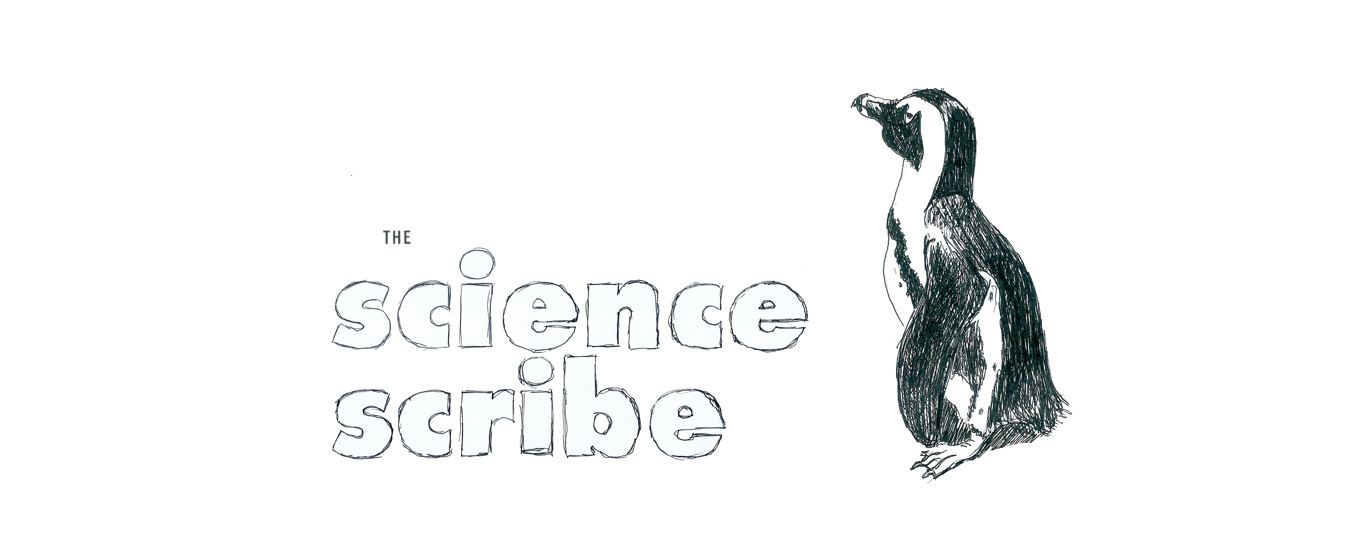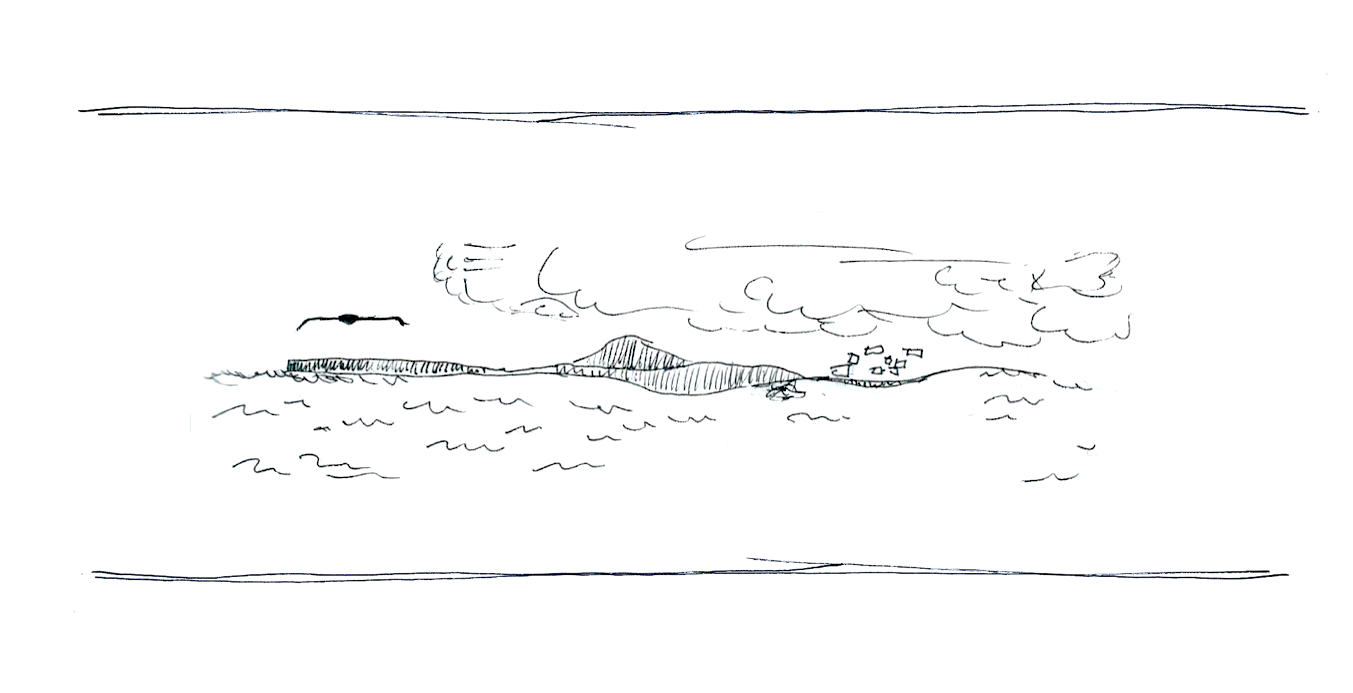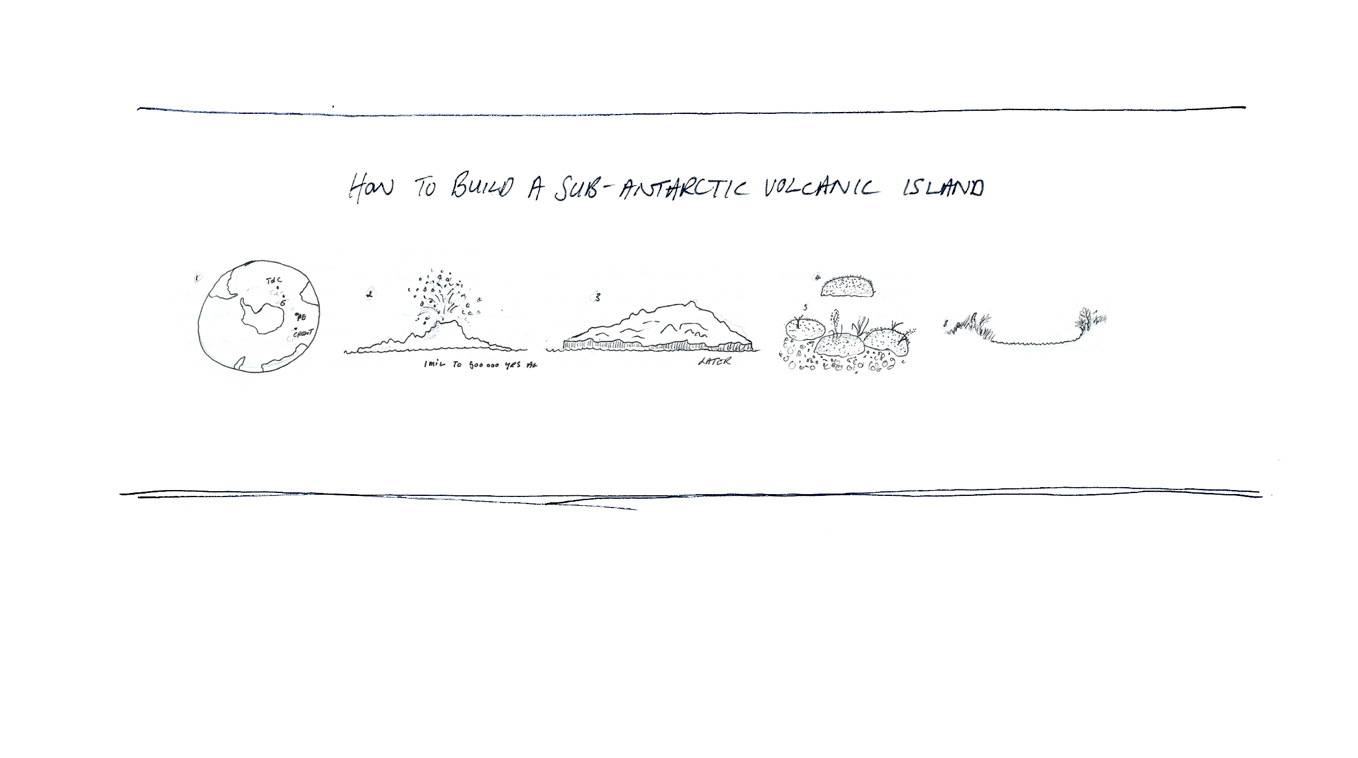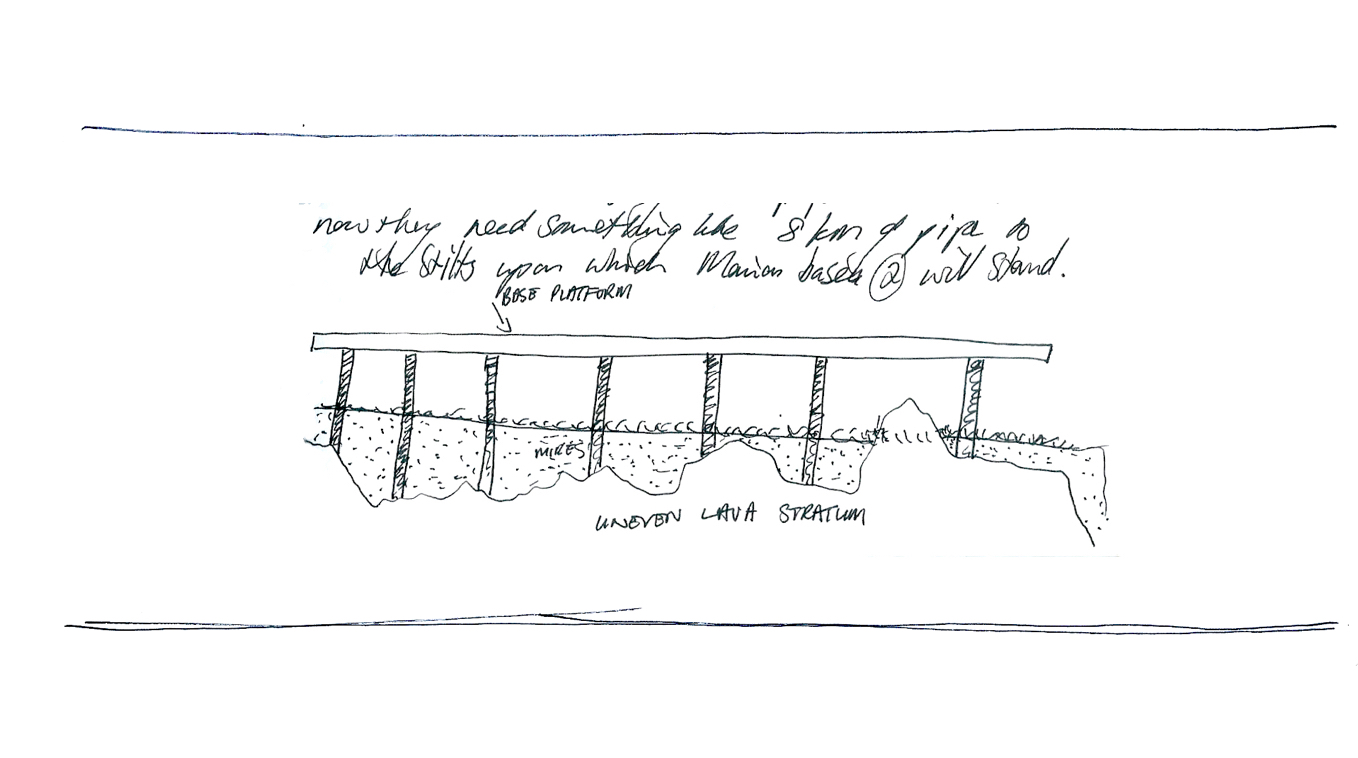
Science writer. Author. Trainer. Public speaker
About the author
Leonie Joubert is a Cape Town-based science writer grappling with many of today's tough environmental and social justice issues: climate collapse, environmental change, energy policy, cities as development and inequality hubs, and why today’s food system leaves many hungry, heavy, and sick (the hunger-obesity poverty-paradox).
In short, she writes about pollution: carbon pollution of the atmosphere driving climate collapse; highly-processed food-like products polluting the nutritional landscape, leading to the hunger-obesity pandemic; who profits from the pollution, and who pays the price. Through this unusual journalistic ‘beat’, she critiques the limitless-growth economic model — through the lens of ‘climate’ and ‘food security’ — and how this is driving systems collapse.
She has spent the better part of 20 years exploring these topics through books, journalism, communication support to academics and civil society organisations, non-fiction creative writing, podcasting, and public speaking.
Using long-form journalism, her storytelling weaves ‘person’ and ‘place’ into the complex science of the issue at hand.
Her most recent assignments for National Geographic magazine and its digital platform have taken her to the dune fields of the southern Kalahari, Mozambique’s remote Niassa Special Reserve, the Caprivi in Namibia, and the African kelp forests along the South African coast.

Since her first expedition as a rookie writer in 2003 — when she boarded the marine research vessel, the SA Agulhas, and ventured into the sub-Antarctic — Leonie has written over ten books, countless pieces of journalism, an a few book chapters.
In this time, she has been charged by lions, caught in an elephant stampede, abandoned on the Angolan border by an angry ‘witch hunter’, airlifted away from advancing armed insurgents in northern Mozambique, and white-knuckled it through a storm in the ‘Roaring Forties’ that threatened to pluck the helicopters off the back of the ship that was ploughing through the oceans where the ‘world’s wildest weather is born’.
Photo: Gus van Dyk
She has sat within reaching distance of wandering albatrosses doing their annual courtship dance. She helped collect water samples from the lake in an extinct volcano that contained a water bear (or tardigrade) that was previously unknown to science.
She has huddled with king penguins on a rocky beach in the sub-Antarctic, travelled into Cameroon with gorillas on a repatriation trip, been flown into the Cape Fold Mountains in a thundering Vietnam War-era helicopter to help beat out the perimeter of a wildfire, and stood in awe as a wild pangolin tottered over the Kalahari dunes and sniffed her boot.
Photo: Stephan Kirsten
Recently, this confirmed terrestrialite donned a wetsuit and launched into the other-worldly realm of Africa’s kelp forests. She is now a competent marine mammal who regularly and enthusiastically explores these forests as a snorkeler, free-diver and scuba diver.
Leonie is at once in awe of the planet, and struck by the responsibility of telling the stories that warn of how dramatically we’re wrecking it.

at a glance
Recent wordsmithery
In the winter of 2020, Leonie received an email from Washington, the kind of opportunity she’d never have dreamed would come her way. National Geographic magazine needed a writer to team up with veteran photographer Tom Peschak to tell the story of climate collapse in the southern Kalahari. Was she available?
This is the writer’s equivalent of an alpinist summiting Everest. The thrill of publishing Rising heat puts the Kalahari’s ecosystem on the edge of survival in National Geographic magazine (July 2021) has still not worn off.
Next up is her story on the Niassa Special Reserve in remote northern Mozambique, in September 2023 issue of National Geographic magazine, supporting the visual narrative by Tom Peschak.
Photo: Steve Benjamin, Animal Ocean
Leonie teams up with Peschak once more for an exploration of Africa’s cathedral-like kelp forests, due out in National Geographic magazine in 2025.
Other recent publications include in National Geographic online, National Geographic Kids, Mongabay, The Outlier, the Daily Maverick, and the African Climate Mobility Initiative.
Photo: Wendy Panaino
See a complete list of her books, and a selection of her journalism, collaborations, and other editing and training initiatives, on the Wordsmithery page.

when she's not at her desk
The accidental runner
Like many of the people from the Eastern Cape, Leonie is an economic migrant into Cape Town. But after nearly two decades, feels like she’s earned her citizenship in the mother city. Her relationship with the South Easter and the scruffy-looking fynbos was acrimonious at first, after years of the misty grasslands and Tolkienesque forests of Hogsback where her family has lived for nearly four decades. But writing about how this extraordinary landscape came to be eventually softened the harder edges of it for her. Now, she can’t imagine living anywhere else.
Leonie burns off nervous energy pounding her way up the peninsula’s beautiful mountains, although the views never allow one to forget the disparities in this historic, unequal, and diverse cityscape.

the doodles on this site
The backstory
Every now and then, life gives you a chance to discover what you're not good at. It can come as something of a blow to your ego, but the gift of it is that frees you up to figure out what you might actually be good at.
In April 2003, Leonie found herself doing just that, tucked away in a research ship that was powering south towards Marion Island in the sub-Antarctic. She was with a team of scientists that was heading off to study the remote volcanic mound to see how rising global temperatures are changing life in this remote place. She had no idea what lay in store for her. All she was sure of, was that she was no good at 'lifestyle journalism', having recently and rather abruptly departed her first and last job in full-time employment.
She left on that journey with a blank notebook, a few black felt-tipped pens, and a hunger for something, although she didn't quite know what...
... she returned six weeks later with a journal packed with hand-scribbled notes and drawings, and a head bursting with ideas. What followed was her first book Scorched: South Africa's Changing Climate. That's where her career as a freelance science writer began, on the deck of SA Agulhas, and she hasn't been able to take a 9-to-5 job ever since.
The illustrations and journaled scrawls in that notebook have been tucked away in her archives for 16 years. It somehow seemed fitting to publish some of them here.
Why the African penguins in a sub-antarctic journal?
The eagle-eyed birders amongst you will notice that some of these doodles are of African penguins, which you don't find on Marion Island. There's a backstory to how they got into this particular journal, but that's for another day.
Sketches and hand-scrawled notes by Leonie Joubert
the loneliness of the long-distance writer
Ten years after that fateful Marion trip, Leonie made one more of those useful 'what you're not good at' discoveries, which turned out to be another chance to try something new. That's when she discovered running (and a whole lot more, to boot) which, it turns out, is a lot like writing.
In the process, she also found some truth in what Hemingway said: that writing is, at best, a lonely life. As is travelling. And running. But it's the best kind of loneliness, because it allows you to find yourself.
A decade after that trip, Leonie had a chance to reflect on how much has changed since she pulled on her foul-weather gear and the steel-toed Wellington boots, and went striding out across the boggy surfaces of the sub-Antarctic tundra to learn about climate change, life in the sub-Antarctic, and ultimately herself: Escape to a lonely island (Getaway magazine, 2014).




